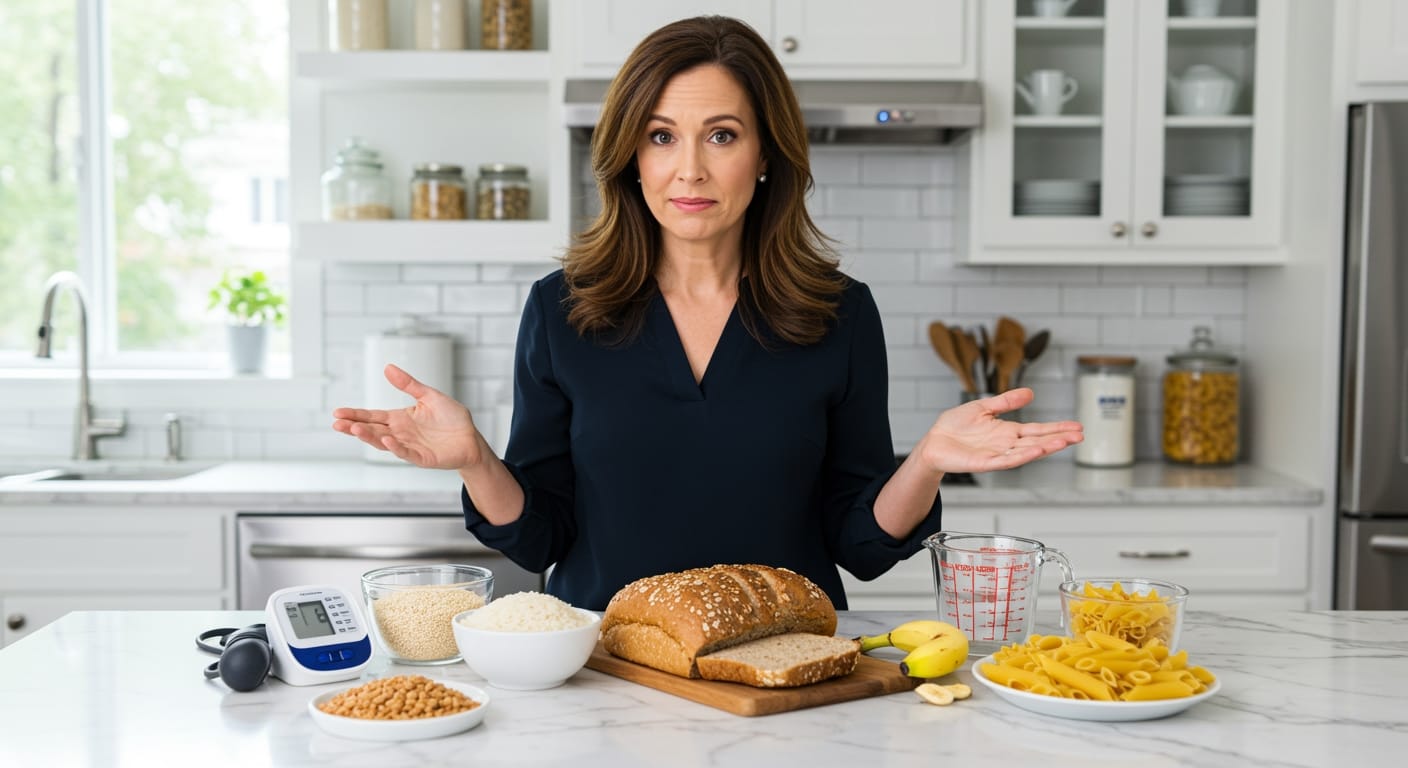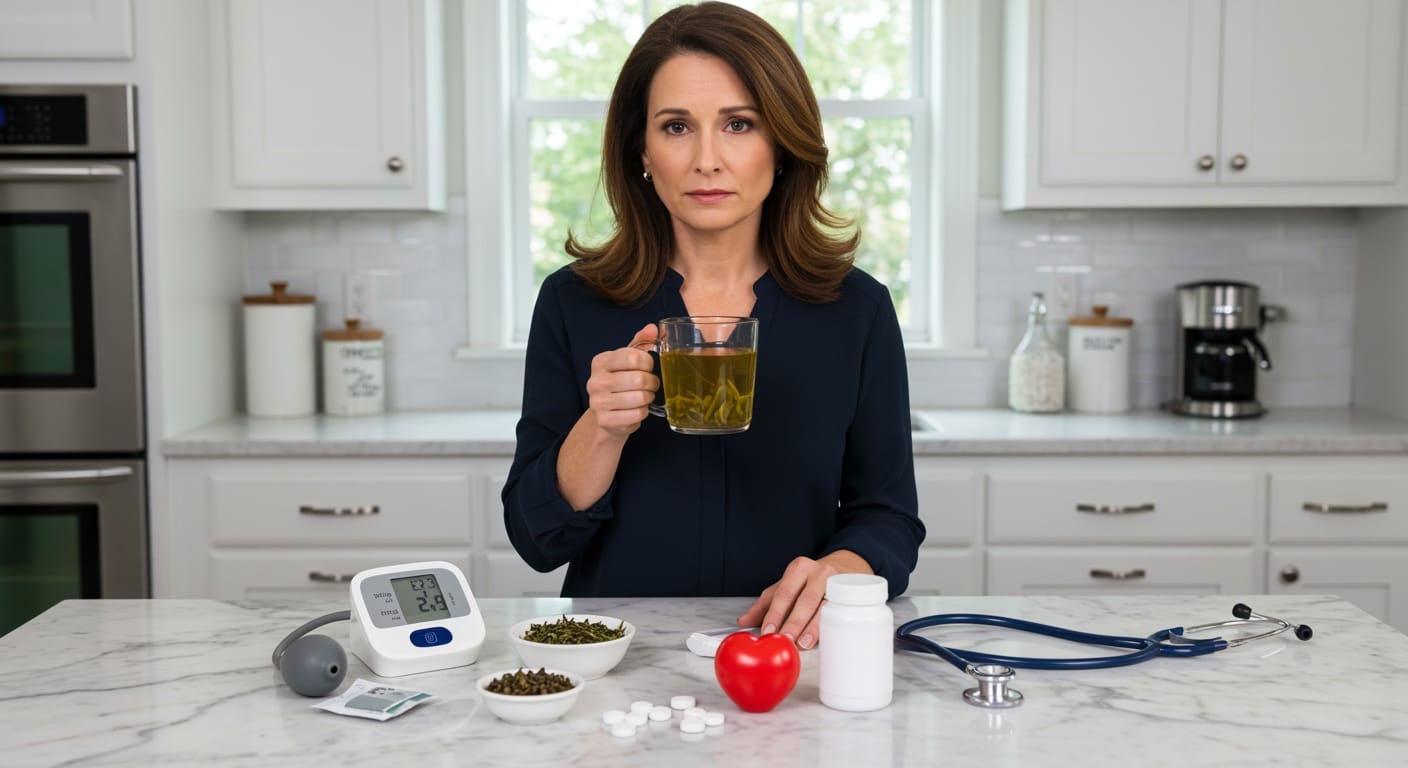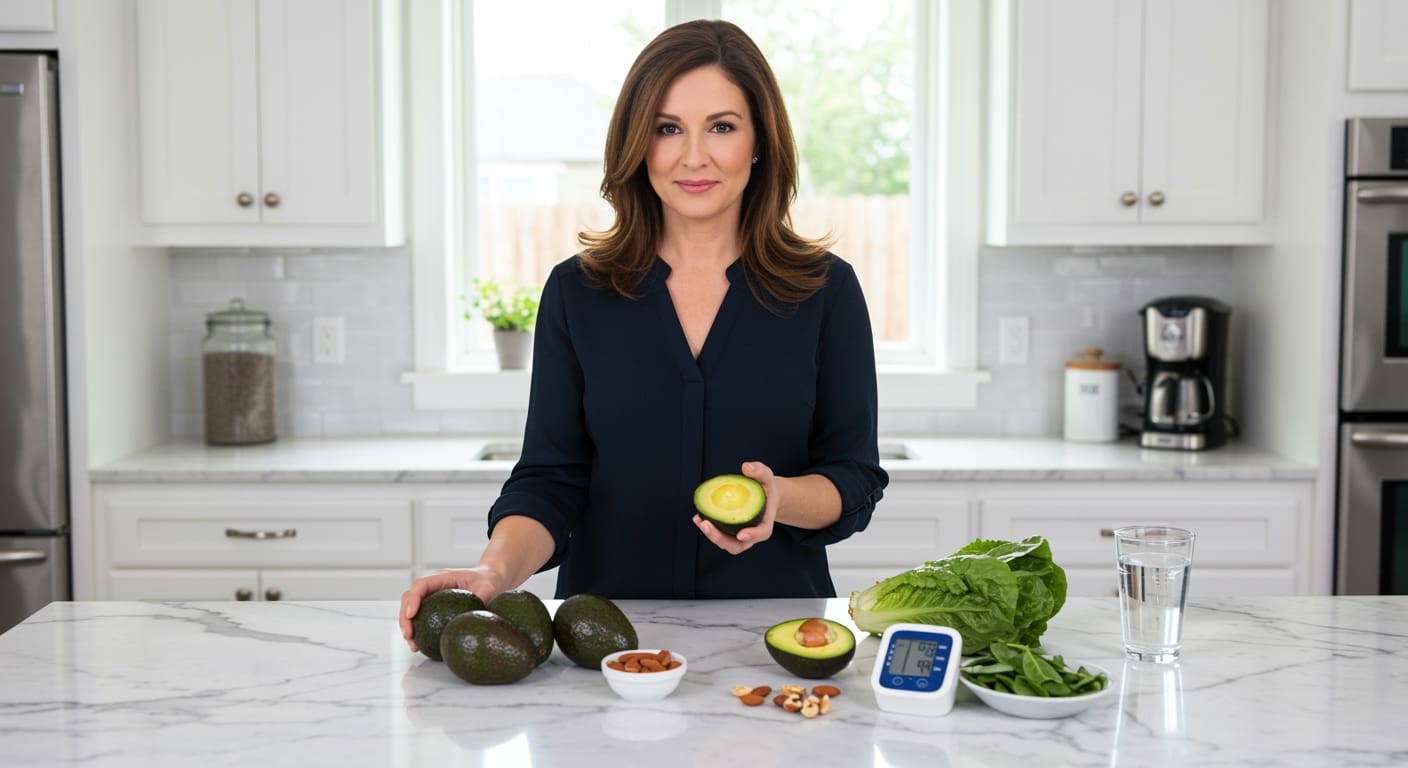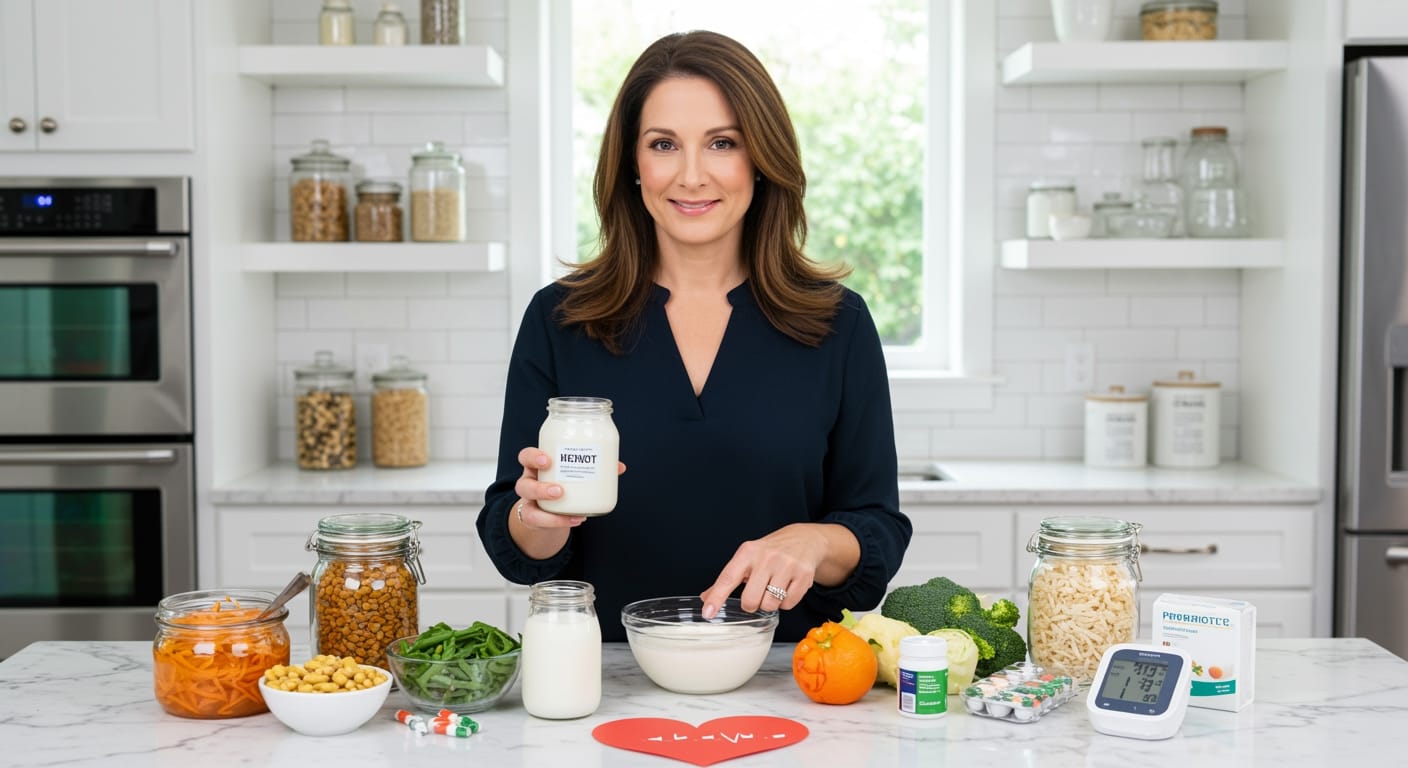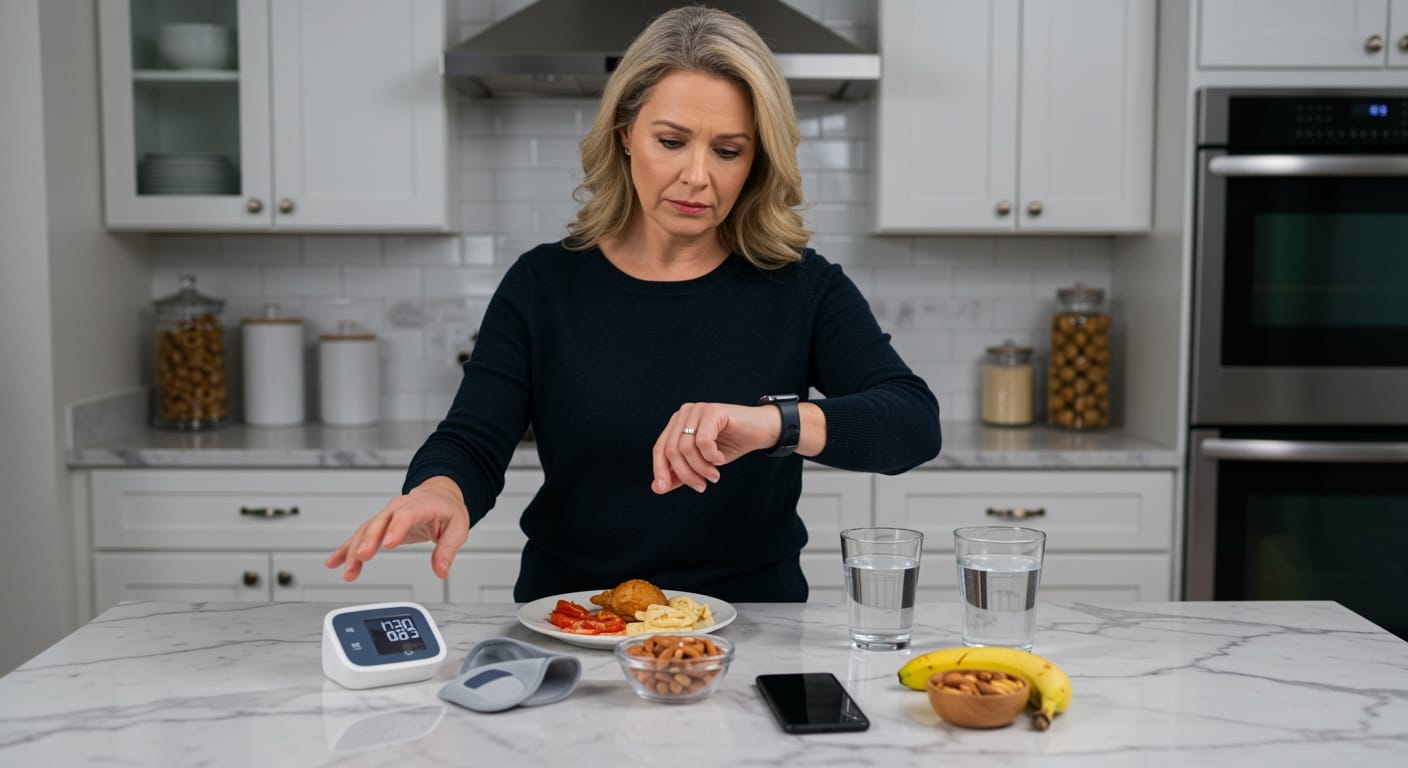✪ Key Takeaway: Hypertensive patients should limit refined carbs but maintain complex carbs for optimal blood pressure control.
Introduction
Your doctor just told you that your blood pressure is too high and now you are staring at your dinner plate wondering if those mashed potatoes will kill you.
You might be asking this question because conflicting information about carbohydrates and hypertension floods the internet every day.
Hi, I am Abdur, your nutrition coach and today I am going to explain exactly how carbohydrates affect your blood pressure and which ones you should limit or embrace.
Do All Carbohydrates Raise Blood Pressure?
Not all carbohydrates behave the same way in your cardiovascular system.
Refined carbohydrates like white bread, sugary drinks, and processed snacks cause rapid spikes in blood glucose levels.
These glucose spikes trigger your pancreas to release large amounts of insulin into your bloodstream.
High insulin levels activate your sympathetic nervous system, which increases heart rate and causes blood vessels to constrict.
This vasoconstriction forces your heart to pump harder against increased resistance, directly raising your blood pressure.
Complex carbohydrates from whole grains, vegetables, and legumes release glucose slowly into your bloodstream.
This gradual release prevents dramatic insulin spikes and helps maintain stable blood pressure throughout the day.
✪ Fact: Refined carbs can raise blood pressure within 30 minutes of consumption through insulin-mediated mechanisms.
How Does Sodium Content in Carb Foods Matter?
Many carbohydrate-rich foods contain hidden sodium that directly impacts your blood pressure.
Processed breads, crackers, and breakfast cereals often contain 200-400 milligrams of sodium per serving.
Your kidneys regulate blood pressure by controlling how much sodium and water your body retains.
When you consume high-sodium carbohydrate foods, your kidneys hold onto more water to dilute the excess sodium.
This increased blood volume puts extra pressure on your artery walls, raising your systolic and diastolic readings.
Natural carbohydrates like fresh fruits, vegetables, and plain grains contain minimal sodium.
These foods actually provide potassium, which helps your kidneys excrete excess sodium and naturally lowers blood pressure.
✪ Pro Tip: Always check nutrition labels for sodium content, especially in packaged carbohydrate foods.
Can Low-Carb Diets Lower Blood Pressure?
Low-carbohydrate diets can effectively reduce blood pressure in many hypertensive patients.
When you drastically reduce carbohydrate intake, your body enters a metabolic state called ketosis.
During ketosis, your kidneys excrete more sodium and water, which naturally decreases blood volume and pressure.
Low-carb diets also improve insulin sensitivity, reducing the hormone fluctuations that contribute to hypertension.
However, extremely low-carb diets can cause rapid electrolyte shifts that may temporarily worsen blood pressure in some people.
The initial adjustment period often includes symptoms like dizziness, fatigue, and blood pressure fluctuations.
Most hypertensive patients see the greatest benefits from moderate carbohydrate restriction rather than extreme elimination.
✪ Note: Always consult your doctor before starting any low-carb diet if you take blood pressure medications.
Which Carbohydrates Should Hypertensive Patients Choose?
Smart carbohydrate choices can actually help lower your blood pressure naturally.
Oats contain beta-glucan fiber that helps reduce both cholesterol and blood pressure through multiple mechanisms.
This soluble fiber forms a gel-like substance in your digestive tract that slows glucose absorption and promotes satiety.
Beta-glucan also supports healthy gut bacteria that produce short-chain fatty acids, which help relax blood vessel walls.
Sweet potatoes provide potassium, magnesium, and fiber while maintaining stable blood sugar levels.
Quinoa offers complete protein along with complex carbohydrates, making it ideal for blood pressure management.
Avoid white rice, white bread, sugary cereals, and processed snacks that cause rapid blood sugar and blood pressure spikes.
✪ Pro Tip: Pair carbohydrates with protein and healthy fats to slow glucose absorption and stabilize blood pressure.
What About Timing and Portion Control?
When and how much you eat matters just as much as what carbohydrates you choose.
Large carbohydrate meals cause significant blood sugar swings that can temporarily raise blood pressure for 2-4 hours.
Your body releases stress hormones like cortisol when blood sugar drops rapidly after big meals.
These hormones activate your sympathetic nervous system, increasing heart rate and constricting blood vessels.
Smaller, frequent meals help maintain steady glucose levels and prevent blood pressure fluctuations.
Eating your largest carbohydrate portion earlier in the day allows better glucose utilization and metabolic processing.
Late-night carbohydrate consumption can disrupt sleep quality, which directly impacts blood pressure regulation the following day.
✪ Fact: Eating carbohydrates within 2 hours of bedtime can increase morning blood pressure readings by 5-10 mmHg.
The Bottom Line
Hypertensive patients should limit refined carbohydrates while embracing complex carbohydrates from whole food sources.
The key is not eliminating carbs but choosing the right ones at the right times in appropriate portions.
I would love to hear about your experiences with carbohydrates and blood pressure management, so please share your questions or thoughts in the comments below.
References
At NutritionCrown, we use quality and credible sources to ensure our content is accurate and trustworthy. Below are the sources referenced in creating this article:
- PMC: Carbohydrate intake and cardiovascular disease risk
- PMC: Effects of low-carbohydrate diets on blood pressure
- American Heart Association: Dietary carbohydrates and hypertension
- Frontiers in Nutrition: Carbohydrate quality and blood pressure management
